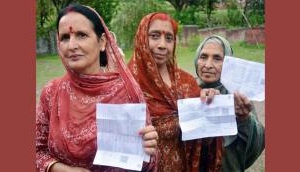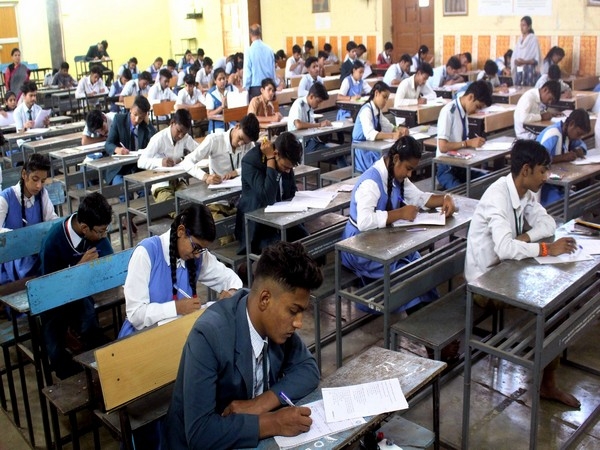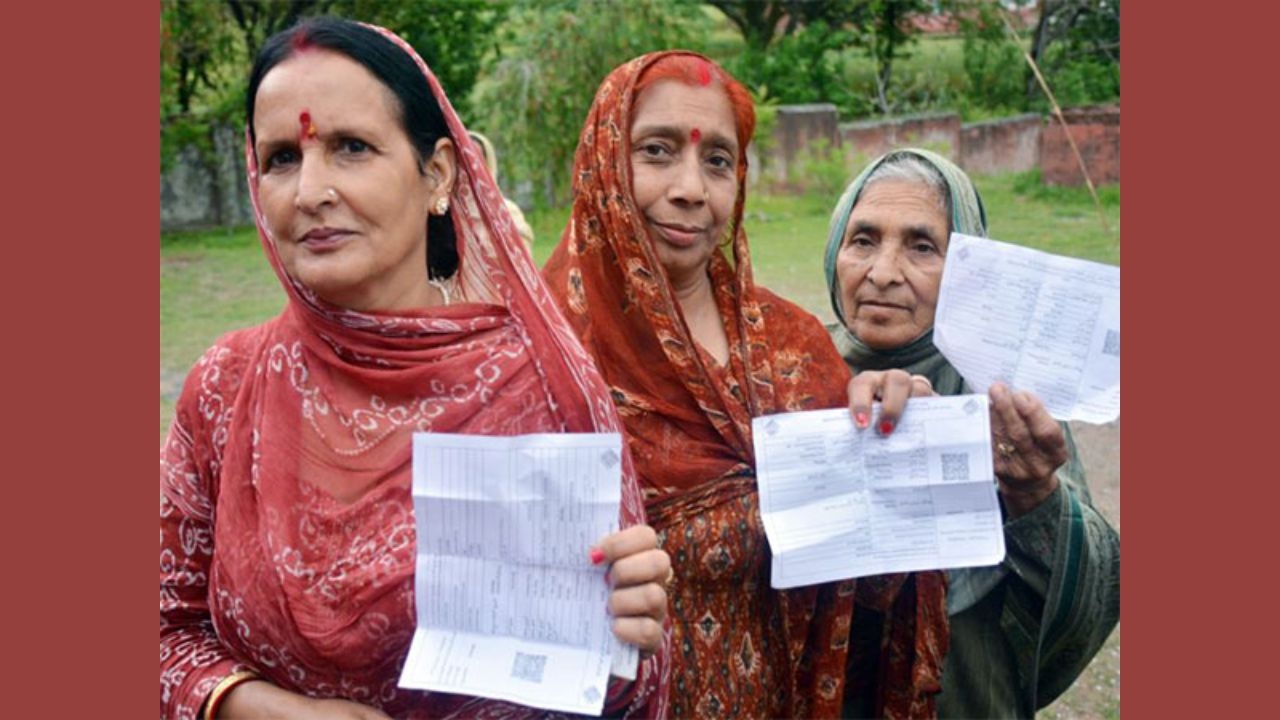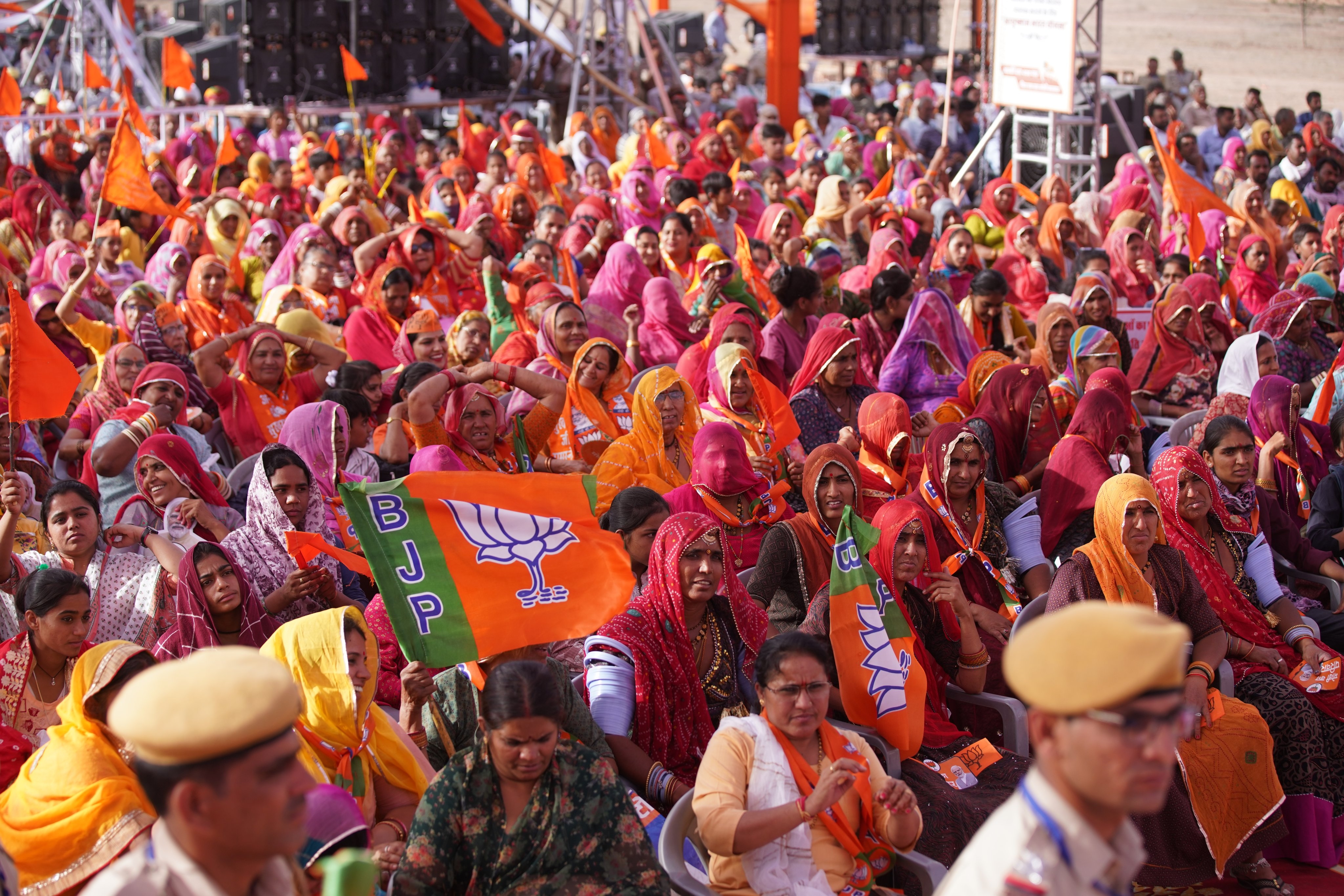
All India Muslim Personal Law Board (AIMPLB) on 18 October vehemently opposed the scrutiny of the practice of triple talaq, 'nikah halala' and polygamy by the Supreme Court. It said it would amount to "judicial legislation" and personal laws cannot be challenged on the ground that they violate fundamental rights.
AIMPLB, in a fresh affidavit, rubbished the stand taken by the Narendra Modi government that the apex court should re-look these practices as they are violative of fundamental right like gender equality and the ethos of secularism, a key part of the basic structure of the Constitution.
Stoutly defending the prevalent practice in the community, AIMPLB Secretary Mohammed Fazlurrahim said "if this court proceeds to examine questions of Muslim personal laws and lays down special rules for Muslim women in matters concerning marriage, divorce and maintenance, it would amount to judicial legislation and will be violative of doctrine of separation of powers."
AIMPLB has listed out grounds for its opposition to the judicial scrutiny of the practices. The questions raised in the petition are matters of "legislative policy" and, moreover, personal laws cannot be challenged as being violative of fundamental rights like right to equality under the Constitution, the affidavit said.
It also said the personal laws of Muslims cannot be "re-written in the name of social reform" and these practices are protected under Article 25, 26 and 29 (freedom to practice religion) of the Constitution. Opposing the Law Commission's fresh endeavour on Uniform Civil Code, the body said it pertained to the Directive Principles of State Policy of the Constitution and hence "not enforceable".
Highlighting importance of religious scriptures, AIMPLB said the courts "cannot supplant its own interpretations over the text of scriptures" in a situation where "unique importance" has been attached to such texts.
Government, for the first time, has opposed the practice and said, "the issue of validity of triple talaq, nikah halala and polygamy needs to be considered in the light of principles of gender justice and the overriding principle of non-discrimination, dignity and equality."
--PTI







![BJP's Kapil Mishra recreates Shankar Mahadevan’s ‘Breathless’ song to highlight Delhi pollution [WATCH] BJP's Kapil Mishra recreates Shankar Mahadevan’s ‘Breathless’ song to highlight Delhi pollution [WATCH]](http://images.catchnews.com/upload/2022/11/03/kapil-mishra_240884_300x172.png)

![Anupam Kher shares pictures of his toned body on 67th birthday [MUST SEE] Anupam Kher shares pictures of his toned body on 67th birthday [MUST SEE]](http://images.catchnews.com/upload/2022/03/07/Anupam_kher_231145_300x172.jpg)






